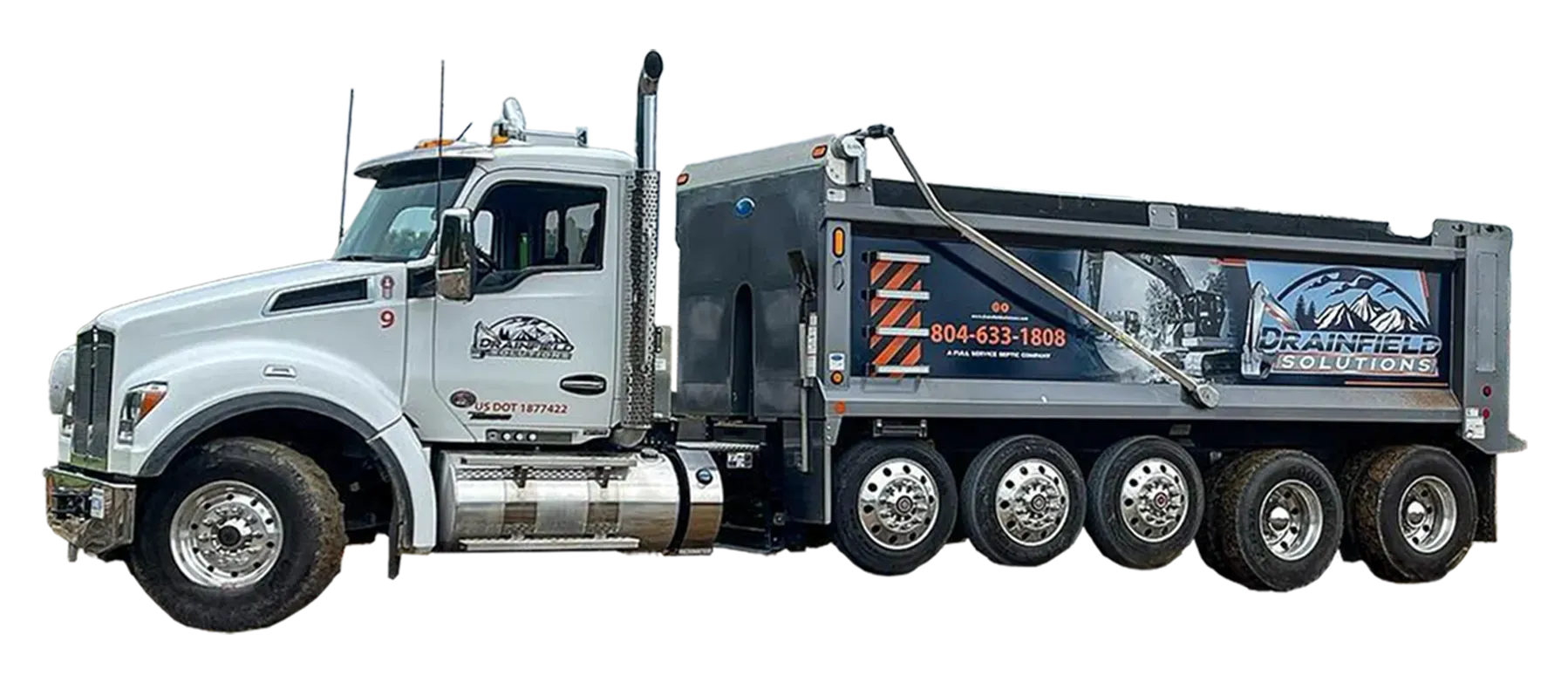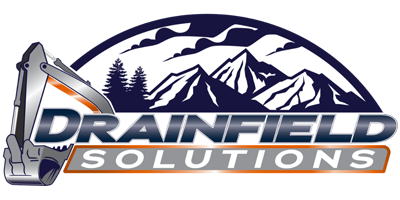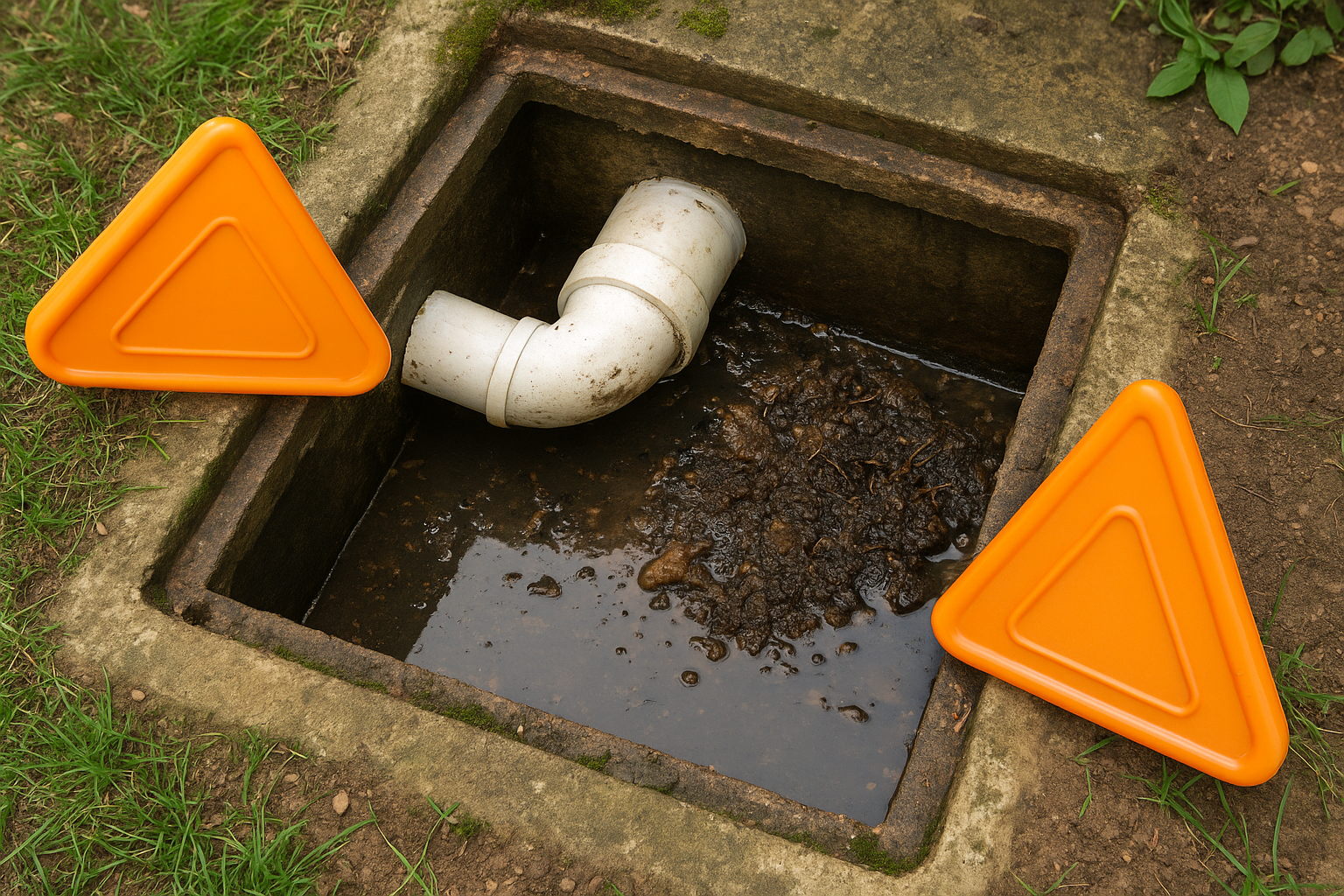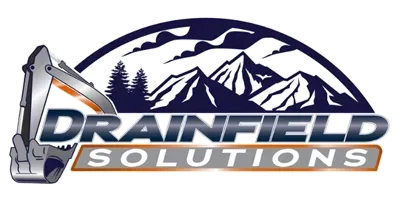
The Ultimate Guide to Diagnosing Septic Drainfield Odors and How To Fix Them
January 16, 2025
Let’s face it—nobody wants their yard to smell like a science experiment gone wrong. Drainfield odors can turn your outdoor space from a peaceful retreat into an unpleasant reminder that something isn’t quite right with your septic system. While these smells are frustrating (and maybe a little embarrassing during a backyard BBQ), they’re also a signal that your system needs some attention.
At Drainfield Solutions, we’ve seen—and smelled—it all. With nearly two decades of experience, we’ve helped homeowners across the Central Virginia area deal with drainfield odors and restore harmony to their yards. Let’s dive into the common causes of those unpleasant scents and how you can clear the air.
Why Does My Drainfield Smell?
A properly functioning drainfield should be odorless. If you’re catching a whiff of something unpleasant, it’s usually a sign that your septic system isn’t doing its job effectively. Here are the usual suspects:
- Sewage Backup: If your tank is full or clogged, untreated wastewater can end up in your drainfield, causing foul smells.
- Biomat Buildup: That slimy layer of organic material around the pipes can become overgrown, trapping odors instead of filtering them.
- Overloading the System: Excessive water use can saturate the soil, preventing proper filtration and leading to a smelly situation.
- Poor Ventilation: Your septic system has vents to release gases. If they’re blocked or malfunctioning, those gases can escape in the wrong places.
- Leach Line Issues: Cracked or clogged pipes in the drainfield can cause wastewater to leak and create odors.
Step 1: Pinpoint the Source of the Smell
Before diving into solutions, it’s important to figure out where the smell is coming from.
- Near the Tank: If the odor is strongest around your septic tank, the problem might be with the tank itself—like a full tank or a clogged inlet.
- In the Drainfield: A smell emanating from the yard could point to issues with the leach lines, soil saturation, or biomat buildup.
- Inside the House: If you’re noticing odors indoors, it could mean a plumbing vent is blocked, or there’s a backup in your pipes.
Step 2: Common Causes and How to Fix Them
1. A Full Septic Tank
When was the last time you had your tank pumped? If it’s been more than 3–5 years, it’s probably overdue. A full tank can’t properly separate solids from liquids, causing untreated wastewater to spill into the drainfield.
- Fix It: Schedule a septic tank pumping. It’s a quick, affordable solution that can make a world of difference.
2. Overloaded Drainfield
Are you running your dishwasher, washing machine, and shower all at the same time? Excessive water usage can overwhelm your drainfield, saturating the soil and leaving no room for proper filtration.
- Fix It: Conserve water by spreading out high-usage activities. Fix leaks, install water-efficient fixtures, and encourage your household to stagger their water usage.
3. Biomat Buildup
That slimy biomat layer is great for filtering wastewater—until it gets out of control. Too much biomat can clog the soil and pipes, trapping odors above ground.
- Fix It: Regular septic tank pumping can prevent excessive biomat growth. In severe cases, professional aeration or soil replacement may be needed.
4. Poor Ventilation
Your septic system’s vents are there to direct gases safely into the air. If those vents are blocked or broken, the gases might escape through the tank lid or drainfield.
- Fix It: Check your vents for debris or blockages, and make sure they’re functioning properly. If in doubt, call in a professional to assess the system.
5. Leach Line Damage
Cracks, clogs, or breaks in the leach lines can cause untreated wastewater to leak into the yard, bringing its odors with it.
- Fix It: Damaged pipes require professional repair or replacement. Don’t attempt to dig or fix them yourself—it’s a job best left to the experts.
Step 3: Preventing Future Odors
Once you’ve addressed the immediate issue, it’s time to focus on prevention. Here’s how to keep those unpleasant smells at bay:
- Stick to a Pumping Schedule: Regular pumping keeps your septic tank from overflowing and sending solids into the drainfield.
- Watch What You Flush: Avoid flushing anything other than toilet paper and human waste. Non-biodegradable items can clog your system and lead to odors.
- Conserve Water: Reducing water usage prevents overloading your system and helps maintain proper filtration.
- Protect Your Drainfield: Keep heavy traffic, construction, and landscaping projects away from the area to avoid compacting the soil or damaging pipes.
- Schedule Routine Inspections: Annual checkups by a professional can catch small issues before they become big (and smelly) problems.
Why You Shouldn’t Ignore Drainfield Odors
It might be tempting to shrug off a faint smell as “just a septic system thing,” but odors are often a sign of underlying issues. Left unaddressed, these problems can lead to:
- Health Hazards: Untreated wastewater contains harmful bacteria and pathogens that can pose serious health risks.
- Environmental Damage: Leaking or oversaturated systems can contaminate groundwater and nearby water sources.
- Costly Repairs: What starts as a small problem can escalate into expensive drainfield repairs or replacements.
Take Back Your Yard Today
When it comes to drainfield odors, you don’t have to face them alone. At Drainfield Solutions, we specialize in diagnosing and resolving septic system issues quickly and effectively.
- Family-Owned and Operated: We’ve been proudly serving the Central Virginia area since 2005, delivering personalized service and expert care.
- Comprehensive Solutions: From routine inspections to emergency repairs, we handle all aspects of septic system maintenance and repair.
- Eco-Friendly Practices: We prioritize environmentally safe solutions to protect your property and the planet.
- Experienced Team: Our technicians are professional, prompt, and well-qualified to tackle any drainfield issue.
Do you live in Caroline County, Spotsylvania County, Hanover County, Stafford County, King George County, or Louisa County and are noticing unpleasant odors from your drainfield? It could be a sign of a septic tank or drainfield issue. Don’t wait for it to worsen—call Drainfield Solutions at 804-633-1808 or visit our contact page for expert septic tank and drainfield repair services today.
Share Post
Latest Posts
Ready to Take the Next Step?
Whether you're in need of a system inspection or regular maintenance, Drainfield Solutions is here to help. Get in touch today for reliable service you can trust.






